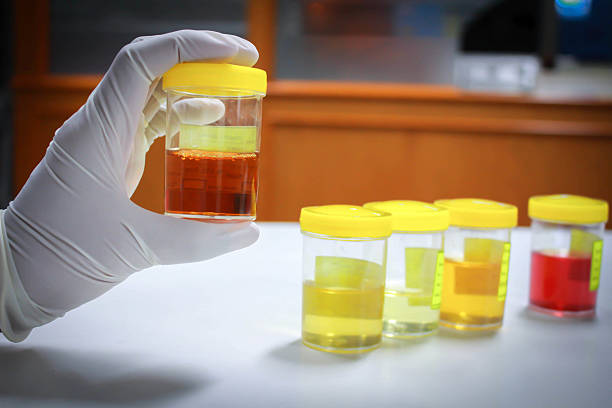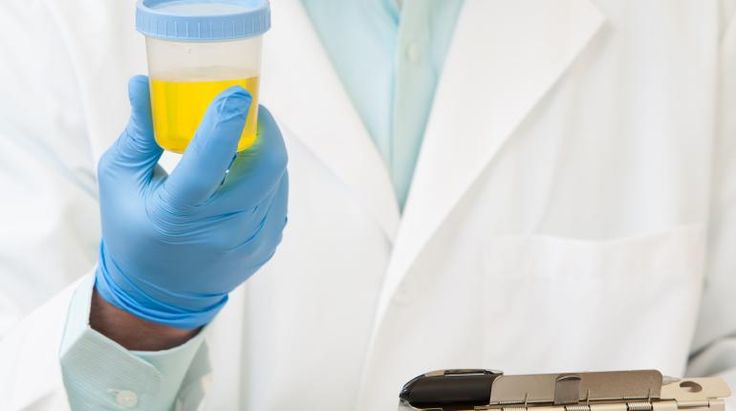
8 Things to Avoid Before Providing a Urine Sample
Urine samples are commonly used in the medical field for drug testing, fertility analysis, and other diagnostic tests. If you’ve ever been requested to provide a sample, there are certain protocols you should follow beforehand to ensure your results are accurate. Here is a comprehensive guide of things to not do before providing a urine sample. Additionally, for more in-depth information on the best practices and considerations for providing a urine sample, I recommend checking out this great article from Tacoma Daily Index on the best synthetic urine for accurate results. This informative piece from Tacoma Daily Index provides valuable insights and expert advice on selecting the most reliable synthetic urine product, ensuring proper sample collection, and maximizing the accuracy of your test results. By following the guidelines outlined in this great article from Tacoma Daily Index on best synthetic urine for obtaining accurate and reliable results.

1. Don’t Drink Too Much Water
You must stay hydrated but drinking excess water can dilute your urine sample, making it difficult for accurate results to be obtained. It is recommended that you drink no more than one glass of water one hour before collecting the sample.
2. Don’t Take Medication Unless Instructed To
Certain medications such as antibiotics and diuretics may impact the results of your urine sample so unless instructed by your doctor or healthcare provider, it is advised not take any medication prior to collecting the sample either intentionally or unintentionally (such as through food).
3. Don’t Exercise Before Collecting Your Urine Sample
Strenuous exercise prior to providing a urine sample can influence test results due increases in body temperature and blood flow which could lead to skewed results. Therefore, it is recommended that strenuous activities be avoided up two hours before giving your urine sample if possible.
4. Don’t Eat Foods That Contain Asparagus
Asparagus contains an amino acid called asparagine which, when metabolised, gives off sulphur-containing compounds, resulting in a strong odour which could be detected by a laboratory technician analysing your urine sample, misleading them in their judgement of your health status or leading them to suspect that the sample has been tampered with, even if none has been! It is therefore highly advisable not to eat any food containing asparagus before providing the sample.
5. Don’t smoke when providing the sample.
Smoking can cause hormonal changes that can affect test results, so try not to smoke for at least 2 hours before providing your sample if possible, especially if you are being tested for cotinine levels, which determine whether someone has recently smoked cigarettes or other tobacco products such as cigars, pipe tobacco, etcetera.
6. Don’t touch the container with your hands.
When providing a sample, make sure you don’t touch any part of the container with your bare hands, as this could contaminate the sample and invalidate the test results, as laboratories often test samples for traces of both drugs and human DNA, which would show up if the container was touched with your bare hands.
7. Don’t put anything in the sample collection beaker.
Adding anything other than natural, unadulterated pee to the beaker will most likely invalidate the test results, as laboratories usually test samples specifically for foreign substances, including adulterants such as detergents, bleach, hypochlorite, etc., so please avoid doing this.

8. Don’t urinate outside the specimen container.
Finally, it goes without saying, but spilling any amount of pee outside of the collection container will ultimately invalidate the whole process because then the labs won’t have enough material needed to perform tests on, so make sure you act very carefully when transferring the pee from the bladder into the cup, otherwise the whole procedure needs to be re-started!




